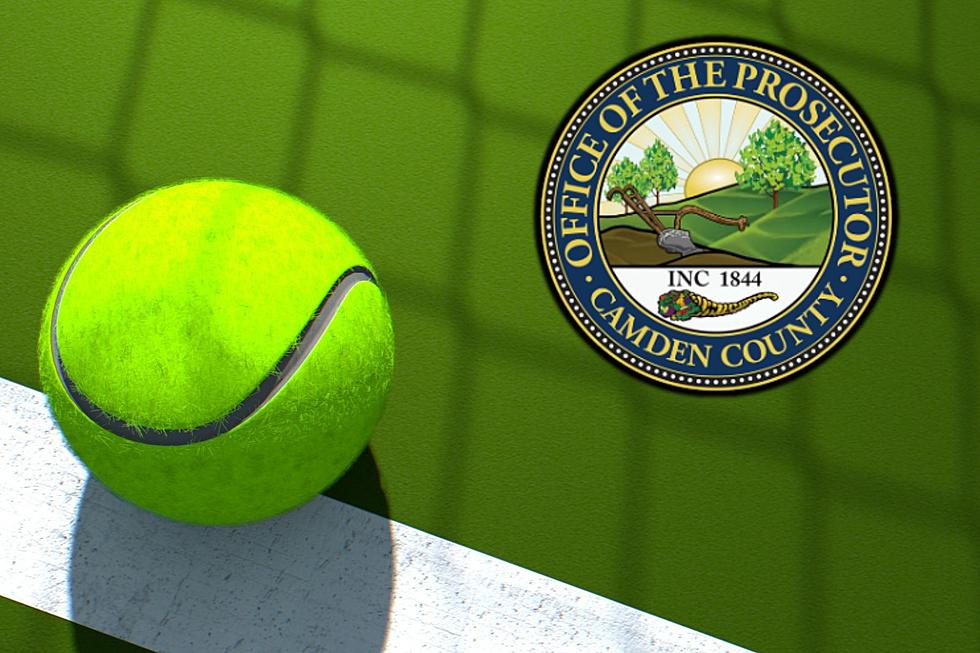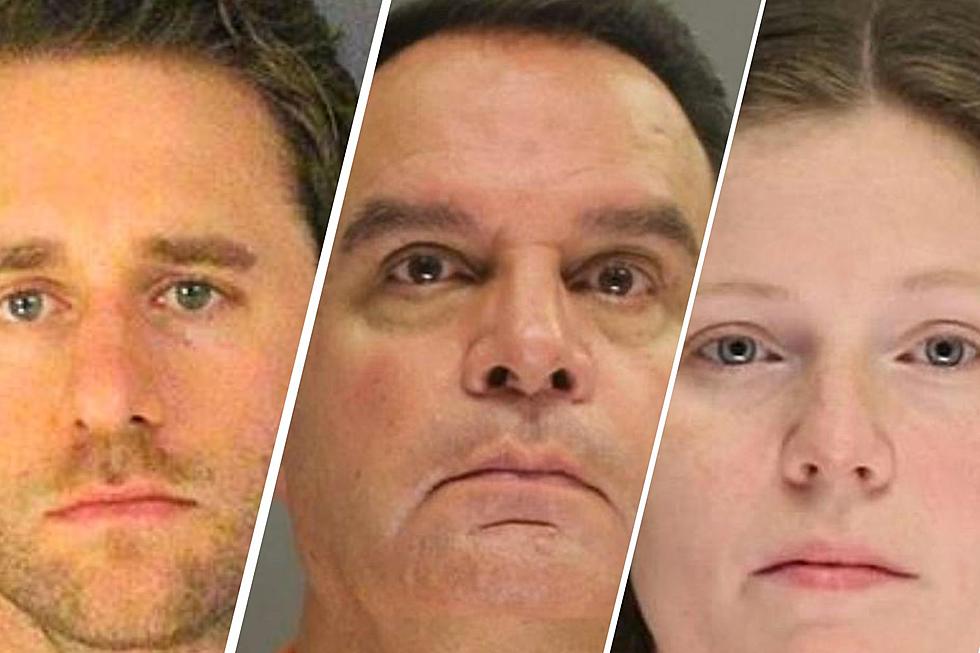
NJ Lawmaker Wants Crackdown on Child Pornography
Deterring child pornography and preventing repeat incidents is the idea behind legislation that's been introduced by Senator Kevin O'Toole.
"Predators convicted at the state level will face the most severe punishment for getting their fixes by abusing and profiting off of vulnerable children," said O'Toole. "Families and communities must be protected from the disgusting impulses of the most disturbing criminals."
"These expansions and upgrades of child pornography penalties provide law enforcement and prosecutors with additional tools, including the ability to charge per offense, seek mandatory jail terms and keep certain predators behind bars without parole or early release," said O'Toole. "This bill makes it easier to charge and convict for possession and distribution by establishing the use of child pornography file-sharing programs as a second-degree crime."
The bill includes the following:
- Broadens the coverage of child pornography laws to cover victims younger than 18 years of age; current law only covers those younger than 16 years of age.
- Upgrades causing a child to engage in pornography from a second-degree crime to a first-degree crime.
- Adds the crime of causing or engaging child pornography to the “No Early Release Act,” meaning a convict would have to serve at least 85 percent of his or her sentence to be eligible for release.
- Imposes a mandatory prison sentence for those convicted of distributing at least 25 images of child pornography; for a second or subsequent offense, it establishes an extended prison term (associated with first-degree penalties) with no chance of parole.
- Upgrades the crime of possession to a third-degree crime, from a fourth-degree crime, and imposes a mandatory prison sentence; for a second or subsequent offense, it establishes an extended prison term (associated with second-degree penalties) with no chance of parole.
- Makes peer-to-peer file sharing a distribution crime, as opposed to possession.
- Imposes parole supervision for life for those convicted of production and distribution of child pornography; it forces them to disclose any online accounts and passwords.
- Disallows a conviction for possessing child pornography from being expunged from an offender’s record, making all child pornography crimes are permanently on offenders’ records.
"Right now, too may state offenders are able to get away with little or no prison time and for the same crimes face penalties that are much weaker than those at the federal level," said O'Toole. "This legislation modernizes New Jersey's child pornography laws and makes it among the toughest in the country."
In New Jersey, a first-degree crime is punishable by imprisonment for 10 to 20 years, a $200,000 maximum fine or both, a second-degree crime is punishable by imprisonment for five to 10 years, a $150,000 maximum fine or both, a third-degree crime is punishable by imprisonment for three to five years, a $15,000 maximum fine or both, a fourth-degree crime is punishable by up to 18 months in jail and fines up to $10,000.
More From New Jersey 101.5 FM









